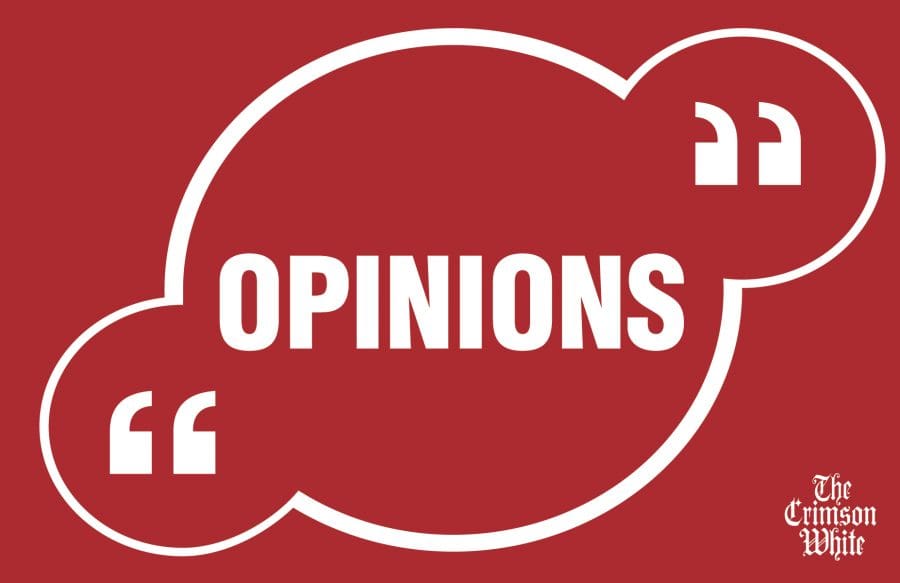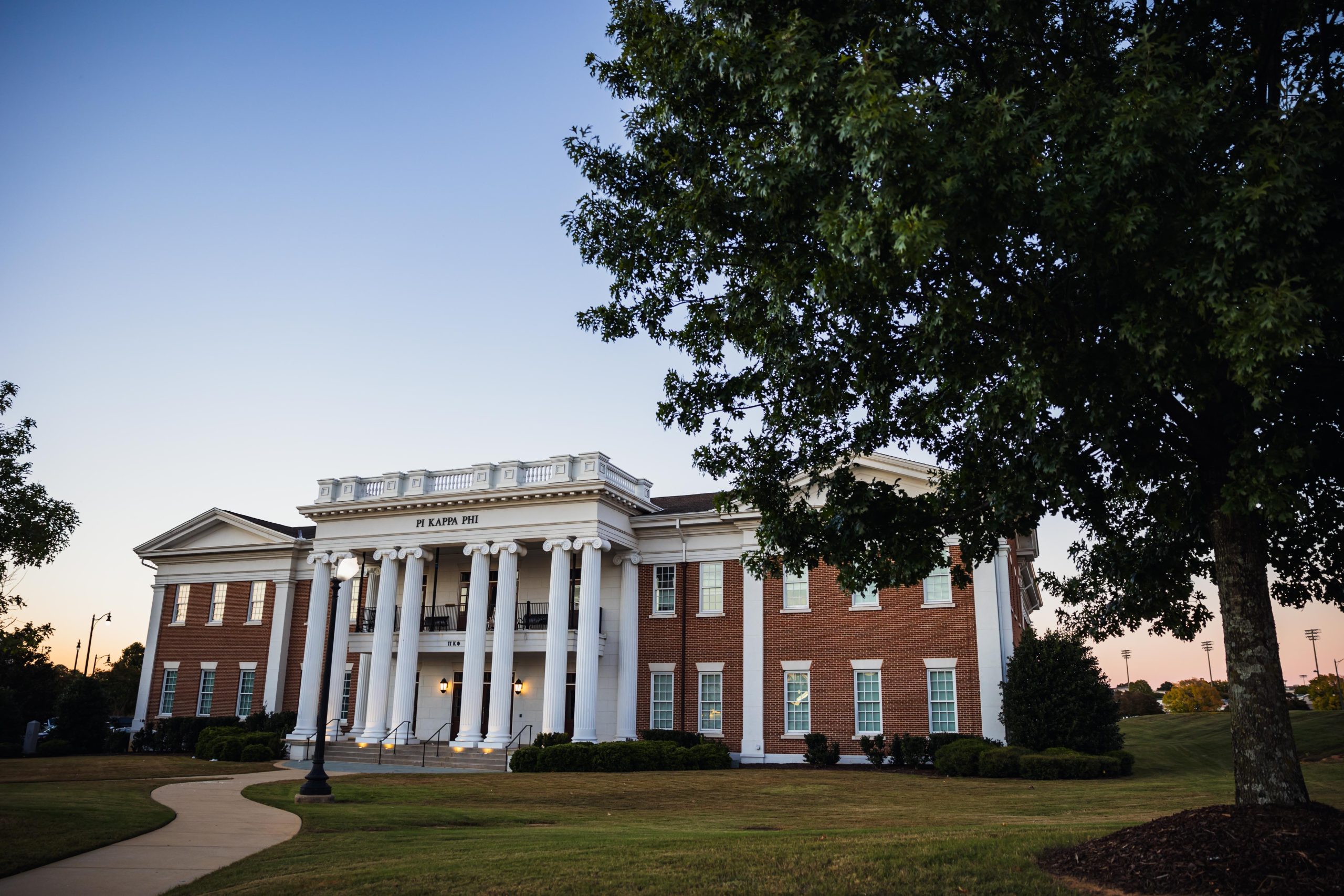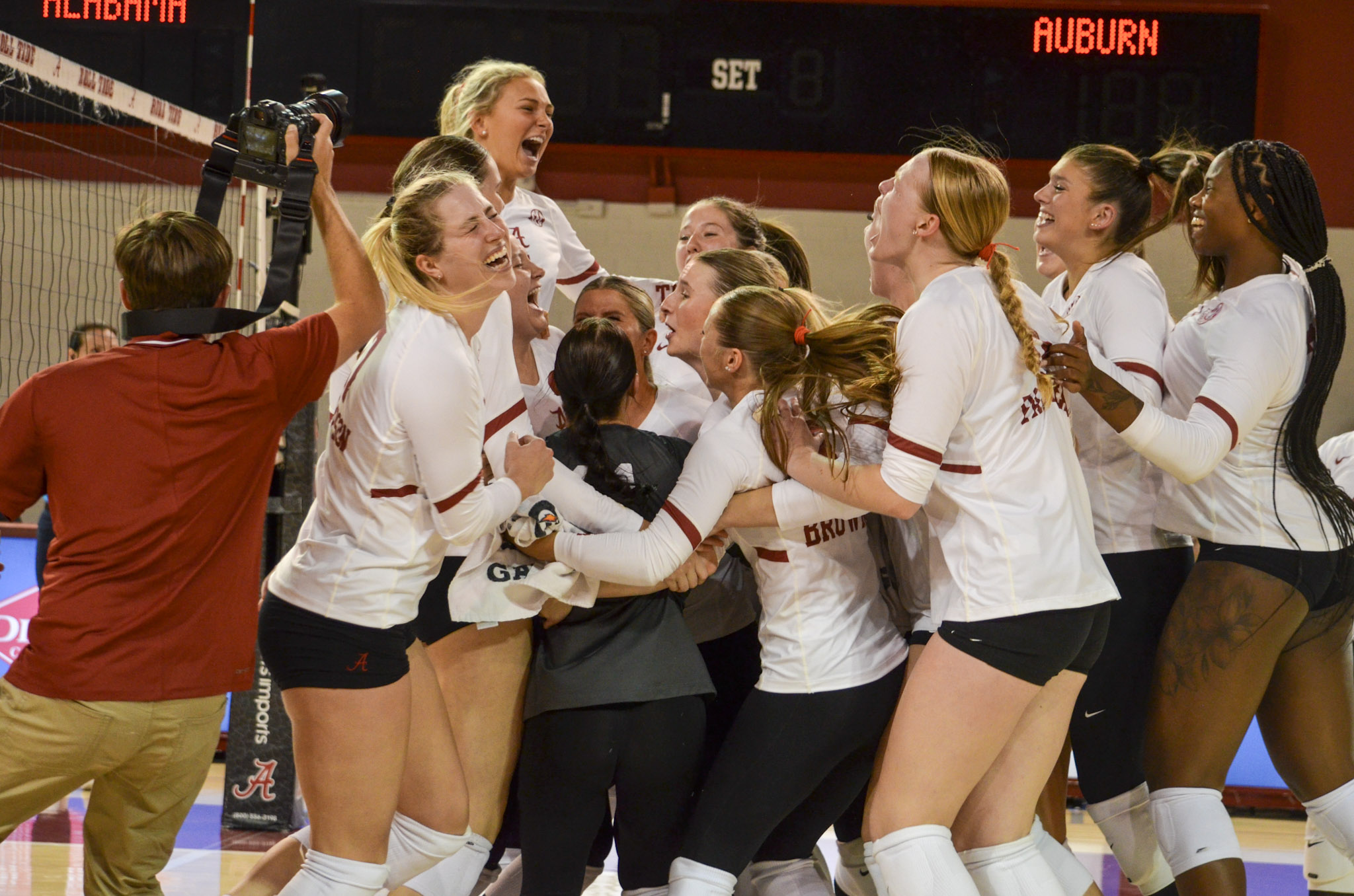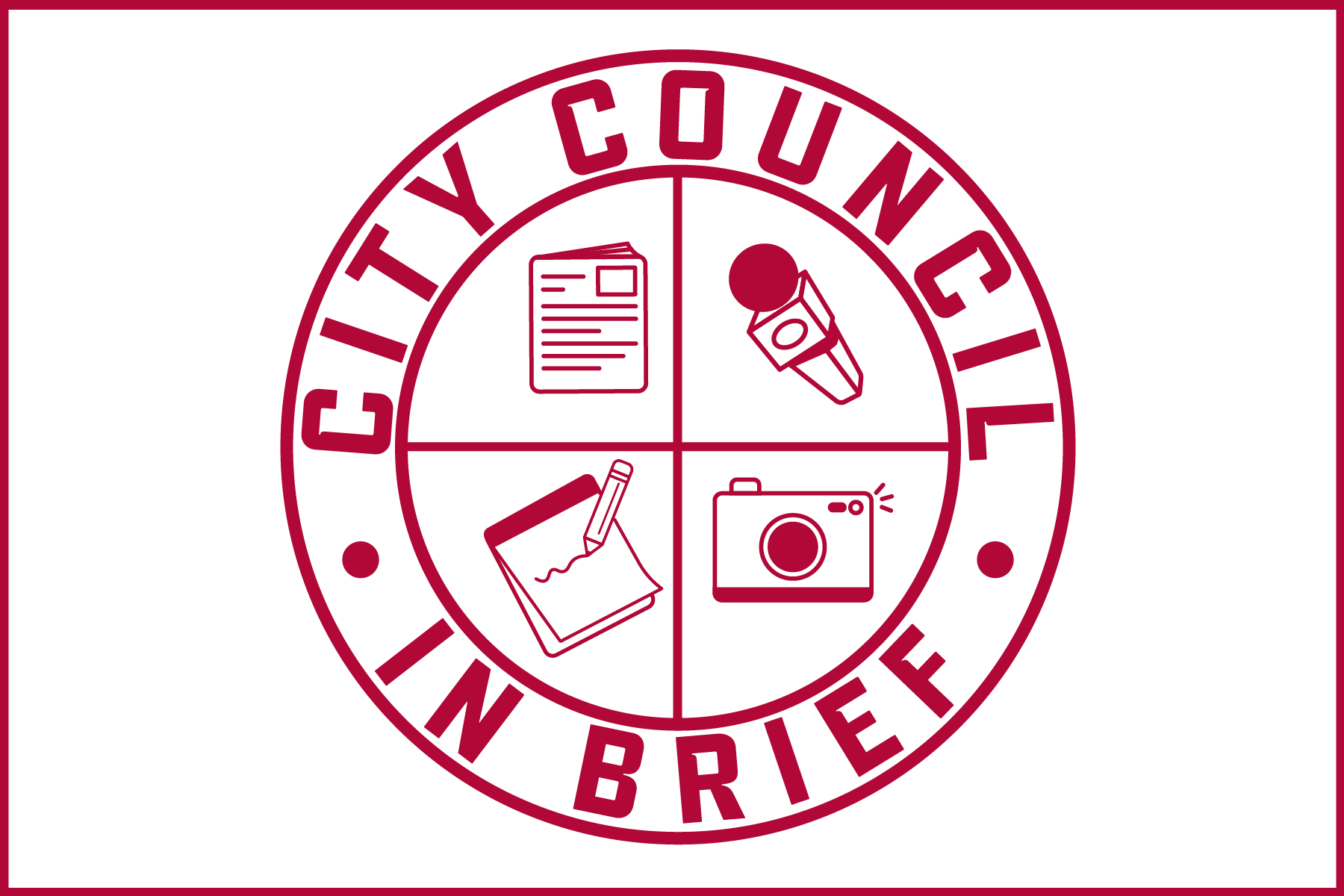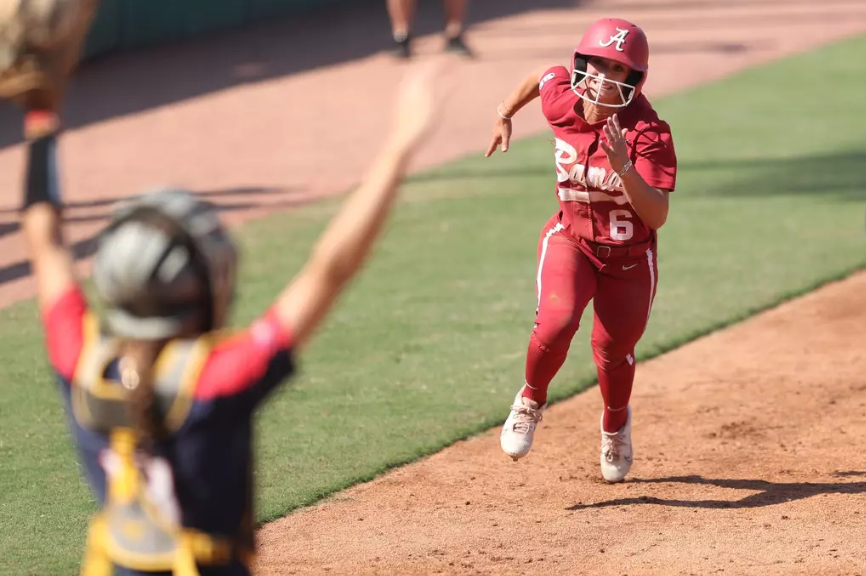Opinion | COVID isn’t over. The University of Alabama needs to stop acting like it is.
August 5, 2021
As the light at the end of the COVID-19 tunnel started to shine, a new swell of cases and virus variants reminded us that we are not yet free from our pandemic nightmare. This reminder should ring especially loud for those who live in Alabama, the state with the lowest vaccination rate in the country at about 34%.
Alabama Governor Kay Ivey was right when she said “it’s time to start blaming the unvaccinated folks.” Nearly all of the state’s recent COVID-19-related hospitalizations were unvaccinated individuals.
With a 40% in-state student population, the University will suffer from low vaccination rates in Alabama, and this of course does not factor in those out-of-state students who might be unvaccinated.
It’s nice to think that we have left the pandemic in the past, but as long as the American population refuses to be vaccinated, we will not be free of COVID-19.
So, is the University’s current policy enough to ensure the campus’s safety for the upcoming school year? I don’t think so.
The latest CDC guidelines, which recommend that all people, regardless of vaccination status, should continue wearing masks if they live in areas with high case rates.
UA Provost James Dalton hinted that the University will likely reinstate a mask mandate for the fall, and it absolutely should. As an educational institution, it would be a mistake for the University to ignore the scientific recommendations of the CDC.
As the pandemic is prolonged by those who refuse vaccines, more viral mutations will occur. Given the rise in the delta variant, which White House Chief Medical Advisor Dr. Anthony Fauci describes as being “much more efficient in transmission from person to person,” the University should be increasingly cautious with its health and safety protocols.
Instead, the University has been vague and lackadaisical. Even after acknowledging the threat posed by the virus’s latest mutations through emails sent to students and faculty, the University has not adjusted its fall return beyond the possible mask mandate.
The University is aware that its students are in danger of contracting and spreading the deadly delta variant but still hesitates to ensure the safety of our campus.
The University should renew its mask policy for enclosed areas as long as case rates stay high in Alabama, and it should consider limiting access to certain campus areas for those who refuse vaccines. Why should diligent students who are protecting themselves and their peers be anxious about their safety in a dining hall or library?
And what about the citizens of Tuscaloosa who have done their part in fighting back against the virus? They would be justified in decrying the University for placing their community in harm’s way.
The University has an obligation as a public institution to protect the public’s health. Although some may condemn policies that infringe upon the freedoms of the unvaccinated as “discrimination” or an “overreach of power,” we cannot be distracted from what is most important here: saving lives.
If a student refuses a vaccine, the University should not be obligated to accommodate them. Anti-vaxxers deserve the freedom to choose what they wish to do with their own bodies, but those around them deserve the freedom to protect themselves.
The University must prioritize the lives of its community, and do its part to work against this global crisis. “Blaming” the unvaccinated as Ivey suggests does not inoculate them.
As a resourceful institution at the center of COVID-19’s largest stronghold, the University has the power to make a difference in this fight. To sit back idly would be a shameful mistake.



